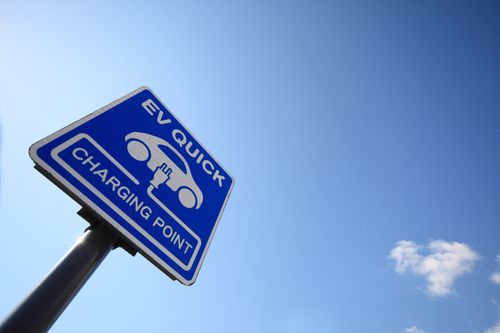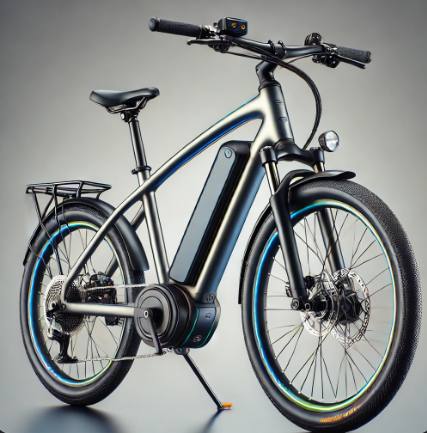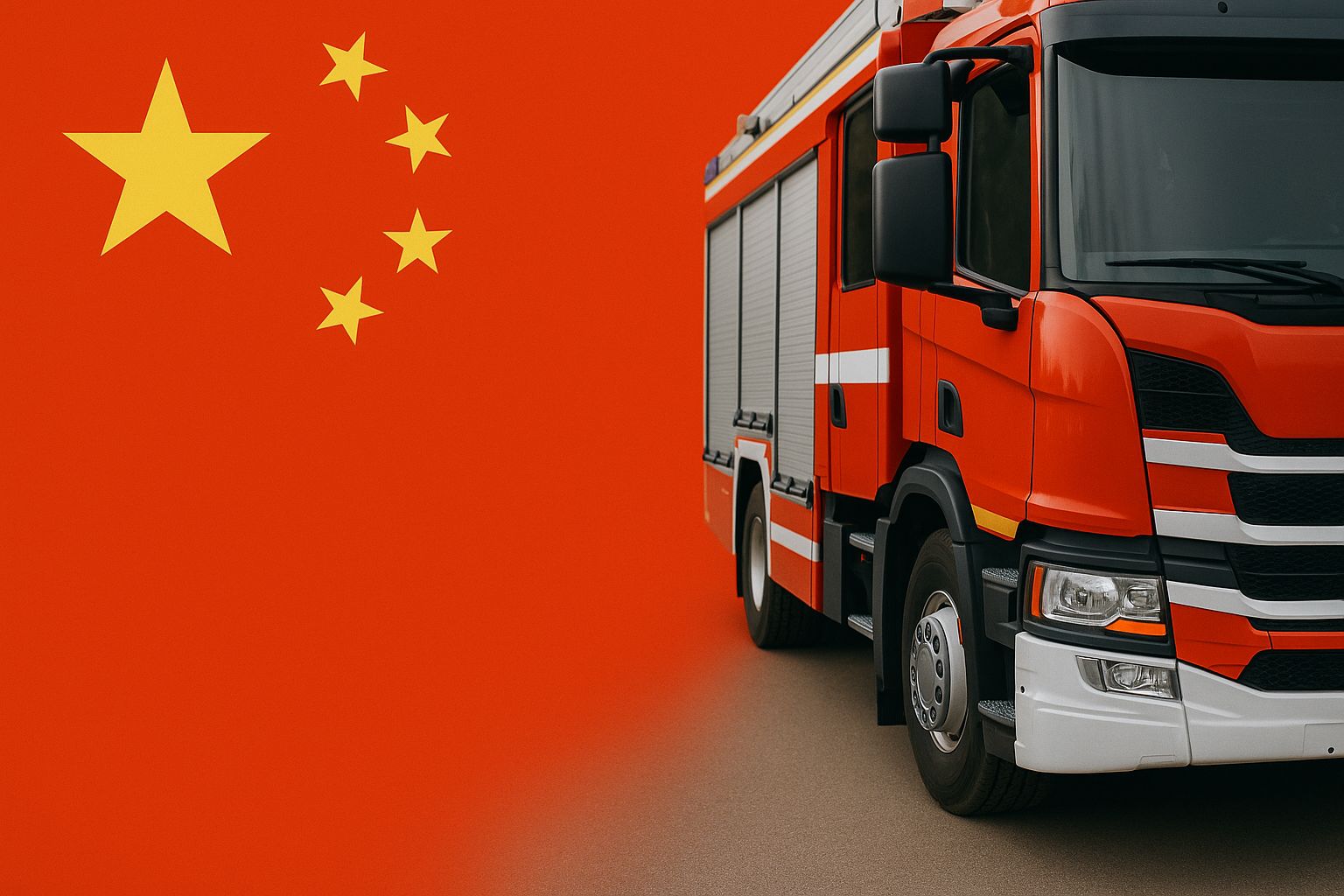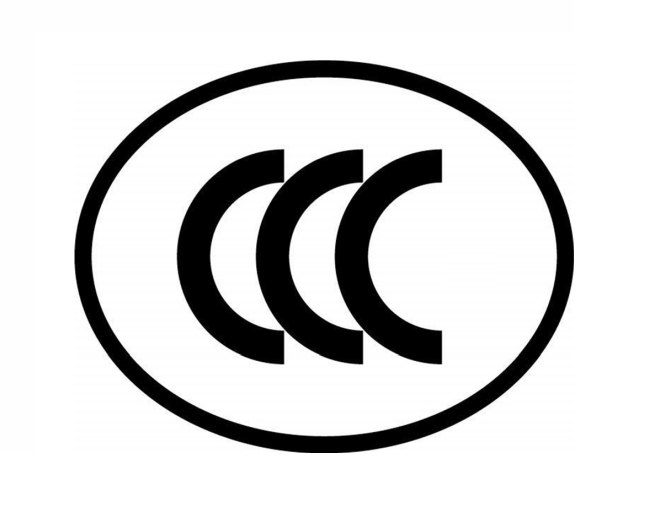China promotes technology for swapping vehicle batteries at charging stations
19. March 2020With plans to introduce a technology for rapid battery swapping as well as uniform standards for batteries, China is on the advance to establish electric vehicles in what is currently the largest global market for new vehicles. The government is working on uniform standards for the automotive industry to enable drivers of electric vehicles to quickly replace their empty batteries. Currently, even with rapid charging stations, a charging process takes at least several hours. The aim of a uniform standard is to replace the batteries at every charging station or petrol station, regardless of the vehicle manufacturer.
These efforts once again show China’s advantages over other nations in the introduction of new technologies, a country where the government has influence over entire branches of industry. For example, China has sold about half of all electric vehicles produced worldwide. Nevertheless, there was a slight decline in July 2019 when subsidies for buyers were cut. The country’s long-term goal remains to phase out internal combustion engines. A replacement system for vehicle batteries would not only save time for drivers. It could also reduce the price of electric vehicles and make them more competitive with conventional vehicles. The reduction in price is due to the fact that owners buy or rent the batteries separately. In return, the government is planning tax breaks to make the transition to an electric vehicle more attractive.

Vehicle manufacturer Tesla has already tested a corresponding battery swap service in the USA, but has not launched it on the market. Tesla began delivering electric vehicles from its new plant in Shanghai in December. It is the first production facility outside the USA and is expected to increase Tesla’s sales in China. The Chinese Ministry of Industry and Information Technology has confirmed plans to introduce battery replacement systems, but did not provide any further details. Electric vehicle manufacturers, BAIC BluePark New Energy Technology and NIO are already testing systems that take less than three minutes to change the battery. However, in the absence of uniform standards, only BAIC vehicles are currently able to change batteries at their own stations. To this end, BAIC BluePark has set up 187 charging stations in 15 Chinese cities for the approximately 16,000 electric taxis of the brand. Your company could also benefit from the introduction of this new technology in China. Products from the automotive and electrical industries require CCC certification for export to China. We would be happy to advise you on certification according to the CCC (China Compulsory Certificate) guidelines.
For more information on how CCC certification, the CCC Self-Declaration and voluntary CCAP or CQC certification may affect your company, or for more information about CCC certification in general, the process, and the associated costs, please visit our website and our News Section where you will find current updates twice a week.
Please do not hesitate to contact us for further details and consultation. You can contact us via e-mail, or call us (UK: +44 2071931135, Rest of Europe: +49 69 2713769150, US: +1 773 654-2673).
You can also check out our free CCC-Brochure, which can be downloaded right here as a PDF file or you consult our book (in English) “A Brief Guide to CCC: China Compulsory Certification”, which can be found directly hier on Amazon.
Here you can download our brochure about the CCC Self-Declaration.
Here you can download our brochure about the voluntary CCAP or CQC certification.











